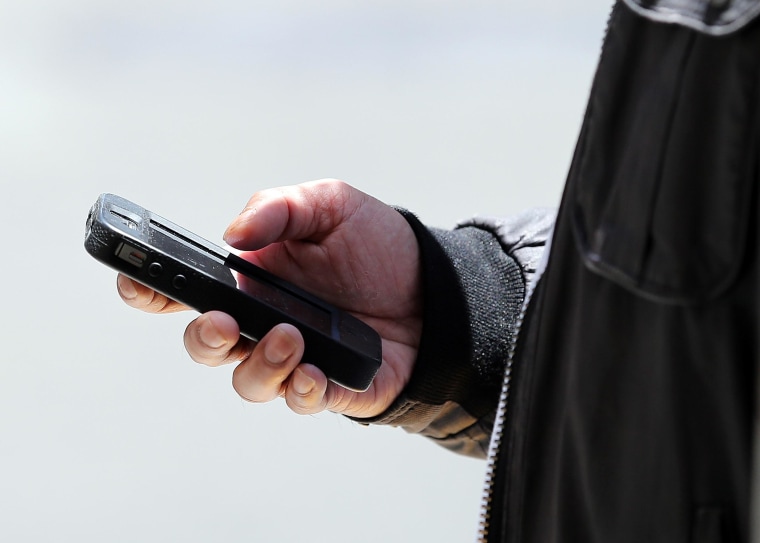How much can you learn about someone from cellphone metadata?
Everything from their religious affiliation to their gun purchases, according to a new study by Stanford researchers.
Last summer, soon after classified documents leaked by former National Security Agency contractor Edward Snowden were first made public, President Barack Obama tried to assuage privacy concerns over collected metadata — information that includes who a person called, when they called and how long a conversation lasted.
“They are not looking at people's names, and they're not looking at content” by “sifting through this so-called metadata,” Obama said.

That doesn't mean that information is not revealing.
Using the calls of 500 people over three months, the Stanford researchers took note as people contacted “Alcoholics Anonymous, gun stores, NARAL Pro-Choice, labor unions, divorce lawyers, sexually transmitted disease clinics, a Canadian import pharmacy, strip clubs, and much more.”
They were able to infer that one person had multiple sclerosis after he or she called multiple neurology groups and a hotline for a drug used solely to treat multiple sclerosis. They suspected another of owning an AR semiautomatic rifle after repeated calls to a gun dealer who specialized in them. Both turned out to be true.
The researchers were also able to accurately guess what religion people belonged to. This could all lead to a more accurate picture — for the courts, lawmakers and citizens — of what, exactly, collecting metadata means, Jonathan Mayer, a Ph.D. student in computer science who co-authored the study, told NBC News.
“I think it’s a lot easier to have a grounded debate about a database that provides government access to information about political beliefs, religious beliefs, medical conditions and so on," he said, "than it is to have a debate in the abstract about phone numbers connected to other phone numbers."
